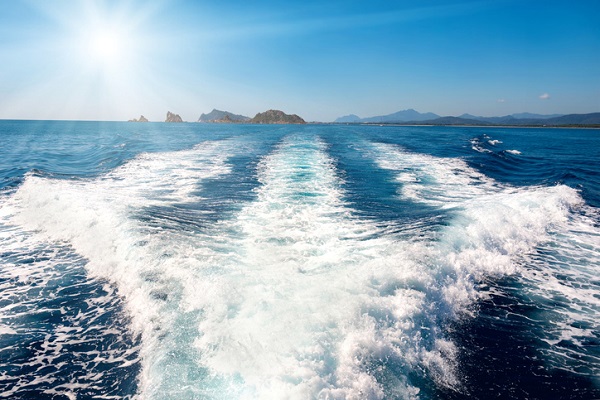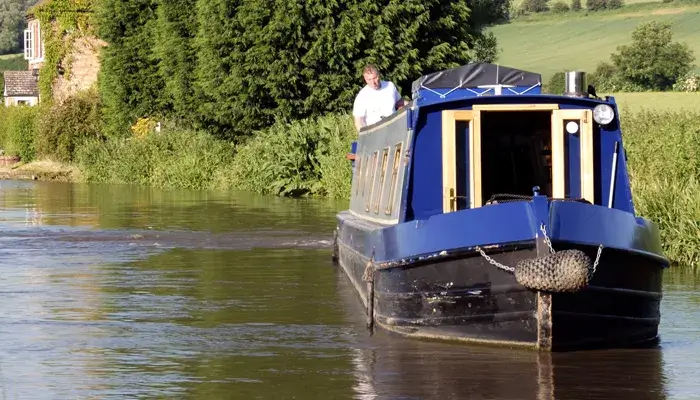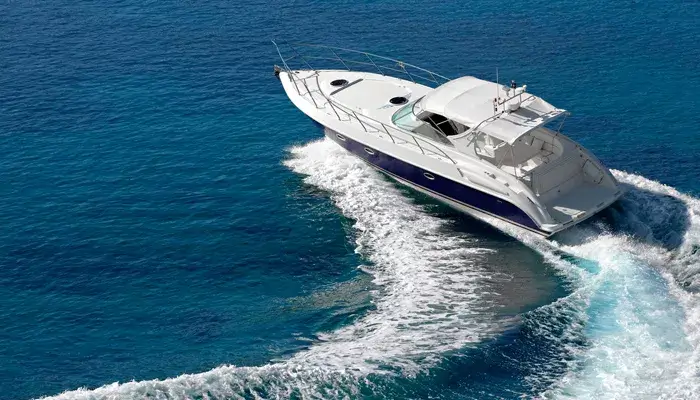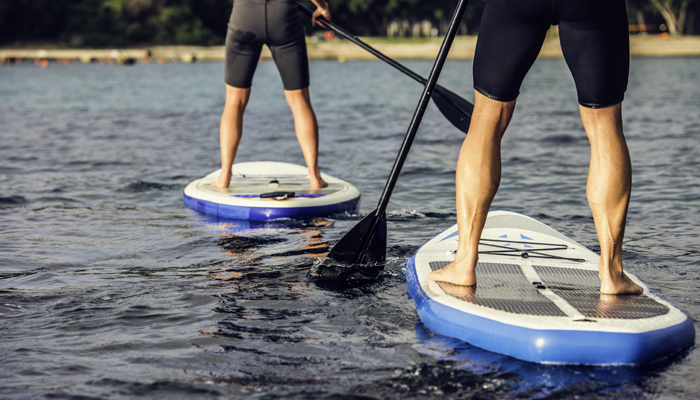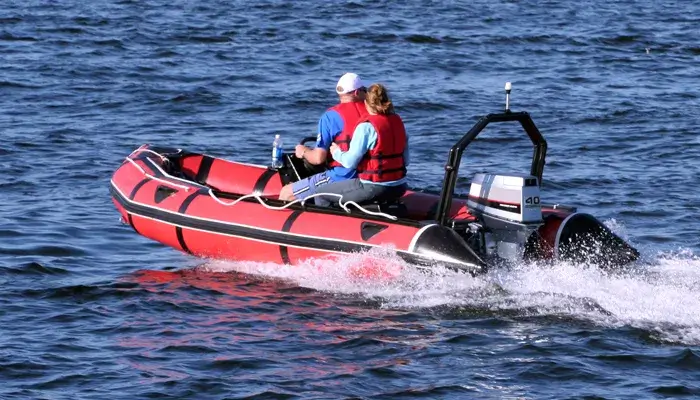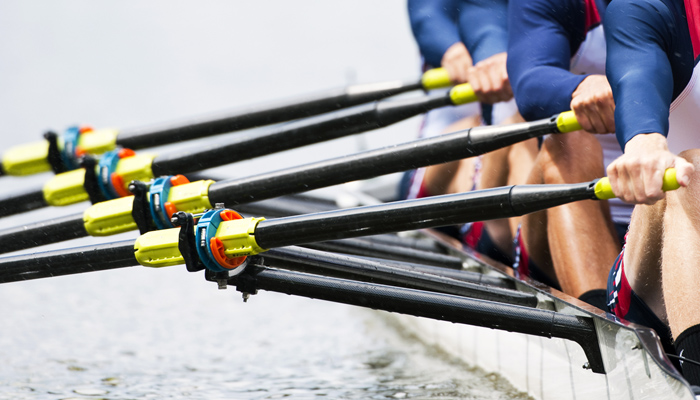Gas safety on your boat
Using gas appliances in any situation requires strict precautions and this is only heightened when on a boat. Our new video looks at the different types of gas we use on a boat and how to stay on the right side of safe when you do.
Towergate is committed to promoting boating safety principles that will enable you to spend your precious leisure time on your boat as safely possible. In this article, we will explain how you can stay safe when using gas on your boat.
What gases are stored on your boat?
Your boat fuel will either have a petrol or a diesel engine. Diesels are safer from the standpoint of explosions as diesel oil vapours are not explosive; however, diesel is just as flammable as petrol - if not more so.
Another instance of gas on your boat will be in the kitchen area. Many boats feature gas cookers fuelled by propane, a naturally colourless and odourless gas. However, propane used for cooking devices will have had a scent added so that you should be able to tell if there is a leak.
Generators are another source of gas on some boats and have been known to cause incidents of carbon monoxide poisoning. Petrol powered generators are responsible for most instances of carbon monoxide poisoning; so if you plan to do much overprinting at anchor with a generator running, it is safer to be in a diesel run boat.
Safety tips for dealing with flammables on your boat
-
Ensure that you boat is watertight; if no water can get in, then none can escape. Gases like Propane or Butane, are often denser than air, and if released improperly can collect at the lowest point within the boat, and will sit there undisturbed for long periods - creating a lethal hazard.
-
When storing propane in a locker, make sure that it is vented director overboard from the lowest point in the locker, as propane is heavier than air and will collect in the bottom.
-
Ensure that your appliances are serviced professionally on a regular basis. Gas pipes do not last forever and must be replaced every couple of years. Copper pipes rarely need to be changed unless other work dictates it and regulators usually need changing every five to six years.
-
Ensure that fire extinguishers are up to date and are the right size for your craft.
-
Install a gas alarm. In most cases, a simple domestic model with do.
-
Consider thinking carefully before performing any DIY on gas fittings. Accidents from poorly fitted jobs can cause major accidents – and your insurance claim may be refused.
-
Ensure that all gas canisters on board are stored in a dedicated gas locker than can drain into unblocked drains overboard, rather than into the boat.
-
Avoid transferring flammable fluids from one contained to another while on board your boat. If you have no choice, ensure that there are no naked flames in the vicinity.
-
Install a carbon monoxide detector. Gas engines produce a large quantity of carbon monoxide gas, which is highly poisonous to humans and animals, and lethal in large doses.
Remaining safe on your boat
-
Boats should be watertight. Whilst water may not be able to get in, this also means that any fluids, whether liquid or gas, cannot get out. This is particularly important when dealing with any kind of inflammable fluid. Petrol, Paraffin, Diesel, or heating oil cannot escape from within a boat’s hull.
-
Gases such as Propane or Butane, are often denser than air, and if released accidentally will collect at the lowest point within the boat, and can sit there undisturbed for long periods. Unsurprisingly, these could pose a potentially lethal hazard. We come across many incidents involving gas spillages, mostly with expensive consequences, but sometimes, tragically, with fatal ones. There are several do’s and don’ts when dealing with inflammable gases.
-
Get your appliances serviced by a professional, and do it regularly. Gas piping has a finite life, and must be replaced when past it. Make sure that any gas bottles on board are in a dedicated gas locker that can drain overboard, not into the boat, and keep the drains clear! Do not transfer any flammable fluid from one container to another whilst on-board your boat if you can possibly avoid doing so.
-
If you must do it, make very sure that all sources of ignition inside the boat are extinguished. Keep your fire extinguishers in date, and of adequate capacity for your boat. Buy a gas alarm (a simple domestic model is perfectly adequate in most cases) Think hard before attempting alterations to gas fitting aboard your vessel- any accident is unlikely to be a minor one, and flouting good practice may mean any claim you make might not be paid.
-
A problem seems to exist in the UK in another area concerning gas on boats, and this time the gas is not inflammable. Carbon Monoxide, is the invisible killer. Odourless, tasteless and unseen, it has remained of slight concern to most boaters, but this is now changing. Many more boats, especially those used inland are fitted with solid fuel stoves.
-
Many more boaters require greater battery capacity to power modern electronic devices. There is now some evidence that these two factors could contribute to serious accidents Safety aboard your boat can be significantly improved by the installation of a detector. To read more about boat safety use the links on this page or visit our website today.
About the author
Adam Summersby is a respected leader with 11 years’ varied experience in niche personal and commercial lines insurance, including caravan, site operators and excess reimbursement, with proficiency in leadership, sales and account management.
Date: March 24, 2015
Category: Boat

